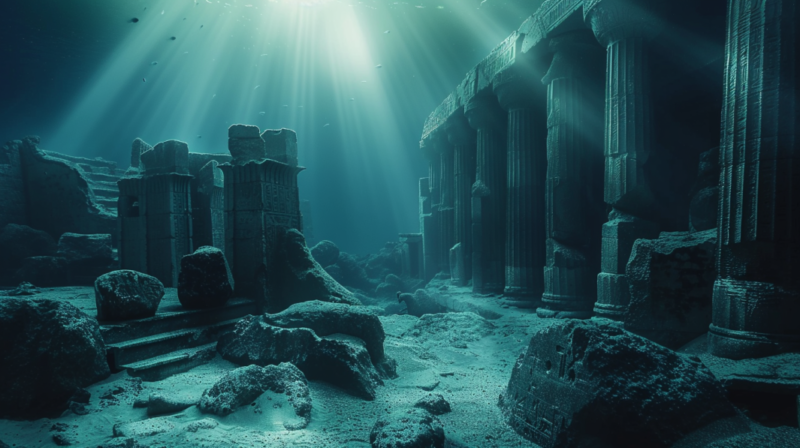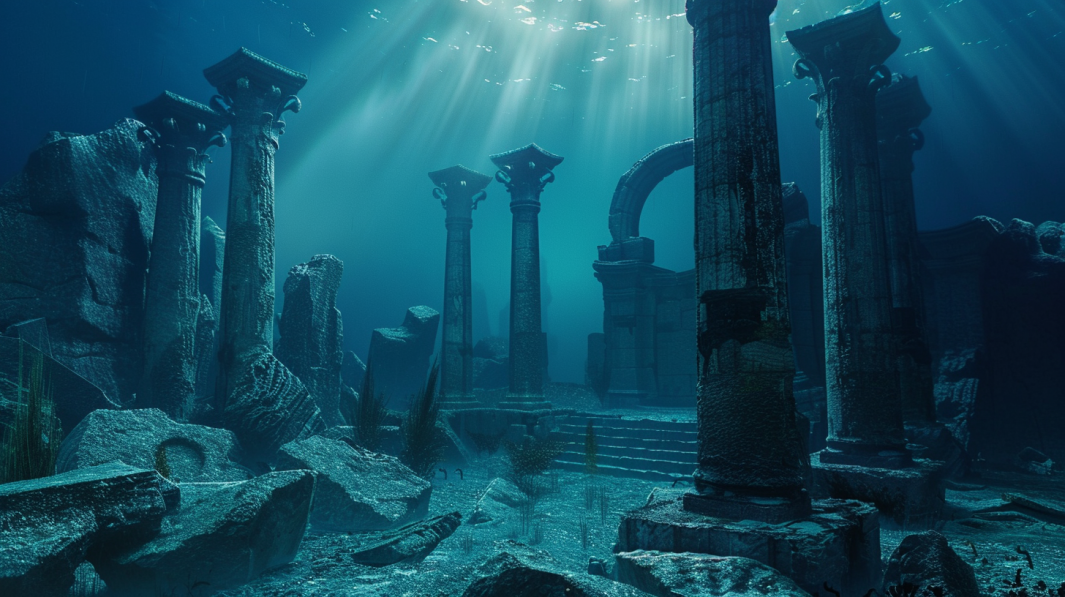A team of researchers from Sweden claims that Ireland is the lost land of Atlantis, proposing that the myths of the ancient civilization might be grounded in the green isle we know today.
Ireland’s connection to Atlantis isn’t a notion pulled from thin air. Some scientists and historians argue that similarities in ancient folklore and documented findings, such as the Porcupine Bank discovered in 1862, support this idea.
This elevated underwater plateau, situated just west of Ireland, is believed to have been an island in the distant past, potentially aligning with descriptions of Atlantis.
If these claims hold any truth, there could be vital historical connections to explore between Ireland and ancient civilizations, including Egypt and Greece.
Researchers assert that survivors of natural disasters in these regions could have migrated to ancient Egypt. Such connections hinge on the belief that legends of both lands share striking similarities, pointing to a deeper historical truth hidden within ancient narratives about Ireland and Atlantis.
Historical Foundations
Plato’s Dialogues
Plato’s accounts of Atlantis are primarily found in two dialogues: “Timaeus” and “Critias.” In “Critias,” he describes a powerful island nation that existed over 9,000 years before his time. This civilization was technologically advanced and had a rich culture.
Researchers who link Ireland to Atlantis argue that the dates and descriptions align closely with ancient Irish history.
Atlantis was said to be located “beyond the Pillars of Hercules,” interpreted by some as the Strait of Gibraltar.
Ireland’s position in the northern Atlantic makes it a plausible candidate.
Geographical Parallels
Several geographic features support the hypothesis of Ireland being Atlantis. The Porcupine Bank, discovered in 1862, lies west of Ireland and may have once been an island. The bank’s highest point, currently submerged, aligns with descriptions of a sunken landmass.
Ireland’s natural environment, with its rich flora, fauna, and extensive coastline, matches Plato’s depictions of Atlantis’s resource-rich landscapes. Additionally, certain submerged features around Ireland could indicate remnants of past sea-level changes, suggesting a once higher landmass that may have disappeared due to natural disasters.
Celtic Mythology and Atlantis
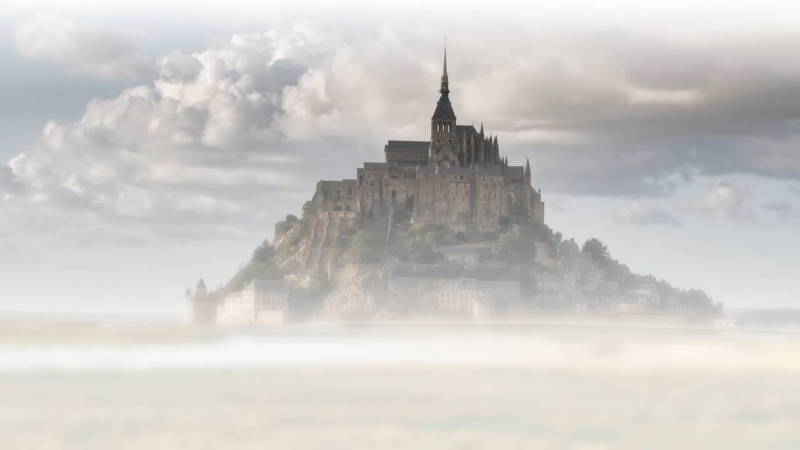
Stories such as Tir na nOg, an island of eternal youth, parallel the mythos of a lost paradise like Atlantis.
Researchers highlight these tales as cultural memories of a real, ancient catastrophe that could have inspired the legend of Atlantis.
Moreover, similarities between Greek and Irish scripts, as argued in Ancient Egyptian and Greek Clues, suggest cultural transmission.
Names of Irish Druidic ranks like Bag-ois, Agh-is, and Ollam resemble those of Greek prophets, signifying an ancient link between the Hellenic and Celtic worlds.
Geological Evidence
The region surrounding Ireland, including the Atlantic Ocean, shows signs of dramatic changes over millennia.
One notable example is the discovery of submerged landforms that were once above sea level.
Research into these underwater landscapes reveals evidence of massive geological shifts. These shifts, likely caused by tectonic activity, could explain the submersion of a large landmass.
Furthermore, detailed studies of the ocean floor support the possibility of once-inhabited areas now lying underwater, adding credibility to the hypothesis that Ireland might have connections to Atlantis.
Cultural Similarities
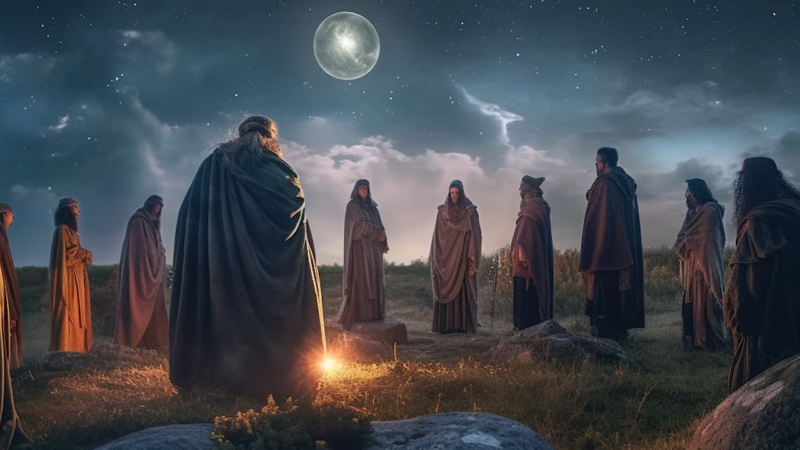
For instance, the Greek words used by Plato to describe the people of Atlantis have been compared to ancient Irish terms.
Researchers have noted that certain names and definitions in Plato’s texts resemble ancient Celtic words.
Scholars point out that the ancient Irish Druidic ranks—such as Bag-ois, Agh-is, and Ollam—bear striking similarities to Greek concepts of wise classes.
This linguistic correlation suggests a potential shared cultural heritage, which supports the hypothesis that there may have been extensive cultural exchanges between these regions.
Archaeological Parallels
Archaeological evidence also highlights potential links. Megalithic structures in Ireland, such as Newgrange, share characteristics with the architecture described by Plato in his accounts of Atlantis. These include the use of large stone constructions and intricate carvings that display a high level of sophistication.
Furthermore, the geographic distribution of megalithic tombs in Ireland matches the territory Plato attributed to Atlantis. This similarity in landscape and construction practices suggests that the hypothetical Atlantean society might have spread across Europe into Ireland. The combination of geographic and structural evidence strengthens the argument that Ireland could be the island Plato described.
Contemporary Theories
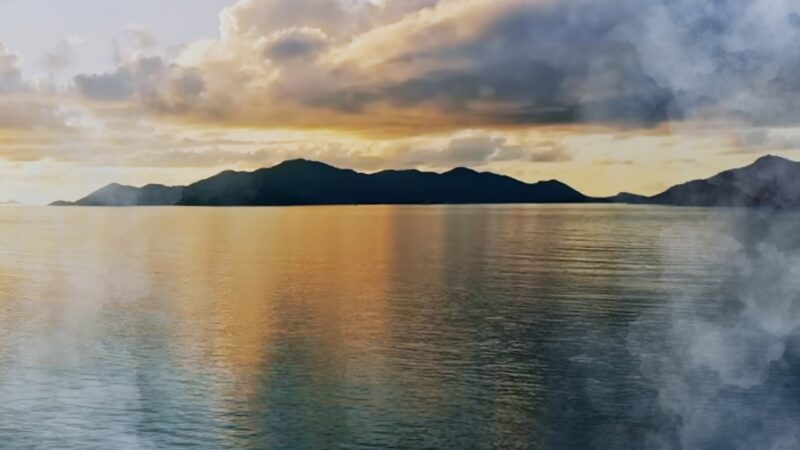
A group of researchers claims to have identified over 1000 pieces of evidence suggesting that Ireland matches descriptions of Atlantis. They emphasize the geographical similarities and links to ancient civilizations described by Plato.
Ireland’s ancient myth of Hy-Brasil, a phantom island said to appear intermittently off the west coast, also supports this theory.
Some posit that Hy-Brasil might be a remnant of Atlantis-related folklore that persisted through the ages.
The Minoan civilization is often linked to Atlantis hypotheses. Yet, the Irish theory proposes an Atlantic location aligning with Ireland’s position, suggesting the possibility of an advanced stone-age civilization flourishing there.
Critics argue that these connections are circumstantial and heavily influenced by a desire to fit Atlantis into a familiar geographic context. They point to a lack of substantial evidence directly linking specific Irish archaeological sites to Atlantis.
Conclusion
